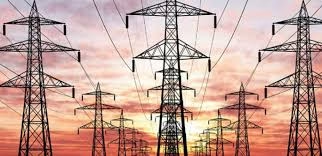The World Bank has announced a record-breaking $100 billion replenishment for its International Development Association (IDA) fund, which supports 78 of the world’s poorest nations with grants and low-interest loans. The funding will help address challenges such as escalating debt burdens, climate disasters, inflation, and conflicts.
Key Highlights:
- Funding Increase: This replenishment surpasses the previous record of $93 billion in 2021. Of the total, $24 billion comes directly from donor contributions, with the remainder sourced through bond issuance and other financial mechanisms.
- Shortfall from African Targets: The pledged amount fell short of the $120 billion target set by African leaders, partly due to the impact of a strong US dollar reducing the dollar-equivalent value of contributions made in other currencies.
Major Contributions:
- United States: $4 billion (up from $3.5 billion in 2021).
- Norway: 50% increase to 5.024 billion krone (~$455 million).
- South Korea: 45% increase to 846 billion won (~$597 million).
- Britain: 40% increase to 1.8 billion pounds (~$2.3 billion).
- Spain: 37% increase to 400 million euros (~$423 million).
In total, 17 donor countries increased contributions by over 25%, with 10 boosting their pledges by 40% or more.
Leveraging the Funds:
World Bank President Ajay Banga emphasized that recent optimizations of the bank’s balance sheet have expanded its lending capacity by $150 billion over the next decade. This means that the pledged funds will be further leveraged to maximize their impact.
Priorities for IDA Funds:
- Job Creation: A central focus to stimulate economic growth and stability.
- Climate Change Mitigation: Addressing vulnerabilities to environmental challenges.
- Infrastructure Development: Building resilient systems to support education, health, and private sector growth.
Broader Impacts:
The IDA replenishment reflects global solidarity in addressing persistent inequalities. With 35 former IDA recipients, including South Korea and China, now contributing as donors, the initiative highlights the transformative power of long-term international development efforts.
This replenishment signals hope for low-income nations to make strides toward sustainable growth and resilience amid mounting global crises.



